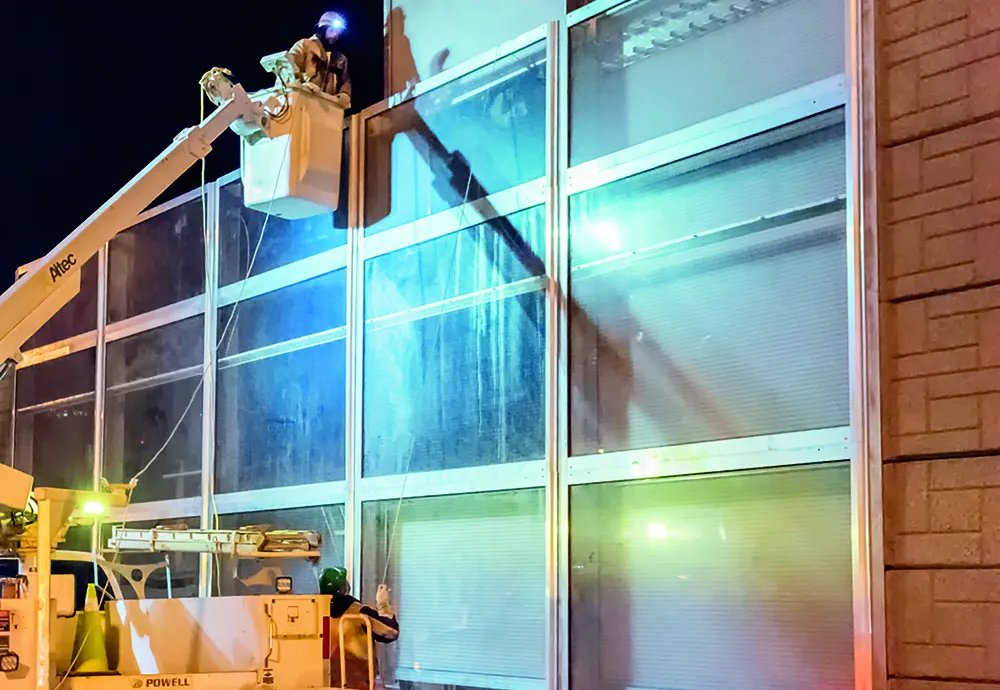Ordered to cut air pollution levels by Brussels, a group of EU cities are taking the European Commission to court over its decision to relax car emissions standards, making their objectives even less attainable, according to EurActiv France.
The EU’s muddled position on air pollution has angered the bloc’s major cities.
For Paris, Madrid and Copenhagen, the EU’s decision to give carmakers more freedom to pollute is unacceptable. But since it was discreetly added to the Official Journal of the European Union on 26 April, this decision is now officially part of EU law.
Finding themselves trapped between their obligations to improve air quality and the contradictory rulings of the European executive, 20 European cities have joined together to attack the decision at the Court of Justice of the EU (CJEU).
This legal challenge enjoys broad public support. More than 125,000 people have signed a petition calling on Europe to guarantee the application of its air pollution standards by all the industry sectors concerned. But the Commission has so far been deaf to these demands.
France is in an ambiguous position; despite publically supporting the petition, Minister for Egology Segolene Royal finds herself in an uncomfortable position on the issue of air pollution.
In October 2015, member states, including France, validated the EU executive’s proposal to relax nitrogen oxide emissions limits for vehicles, following the Volkswagen scandal. This decision was justified by manufacturers’ claims that it is impossible to make vehicles comply with the existing standards when tested under real driving conditions.
“But this concession to the carmakers will obviously have a direct impact on the level of air pollution in Europe,” a source at the European Parliament said.
Certain European cities, including Paris and London, are already in contravention of the EU’s air pollution limits. They fear that this extra leniency will only compound the problem.
The European Commission launched an infringement procedure against France in June 2015, for the excessive levels of nitrogen oxide recorded in 19 municipalities.
Germany, the United Kingdom, Portugal, Italy and Spain are also being prosecuted by the executive.
France’s inability to manage its nitrogen oxide and particulate matter emissions in many of its cities could cost the country €200 million per year in fines, according to government estimates.
20 cities challenge relaxation of EU air pollution standards
Ordered to cut air pollution levels by Brussels, a group of EU cities are taking the European Commission to court over its decision to relax car emissions standards, making their objectives even less attainable, according to EurActiv France. The EU’s muddled position on air pollution has angered the bloc’s major cities.
For Paris, Madrid and Copenhagen, the EU’s decision to give carmakers more freedom to pollute is unacceptable. But since it was discreetly added to the Official Journal of the European Unio
May 6, 2016
Read time: 3 mins









